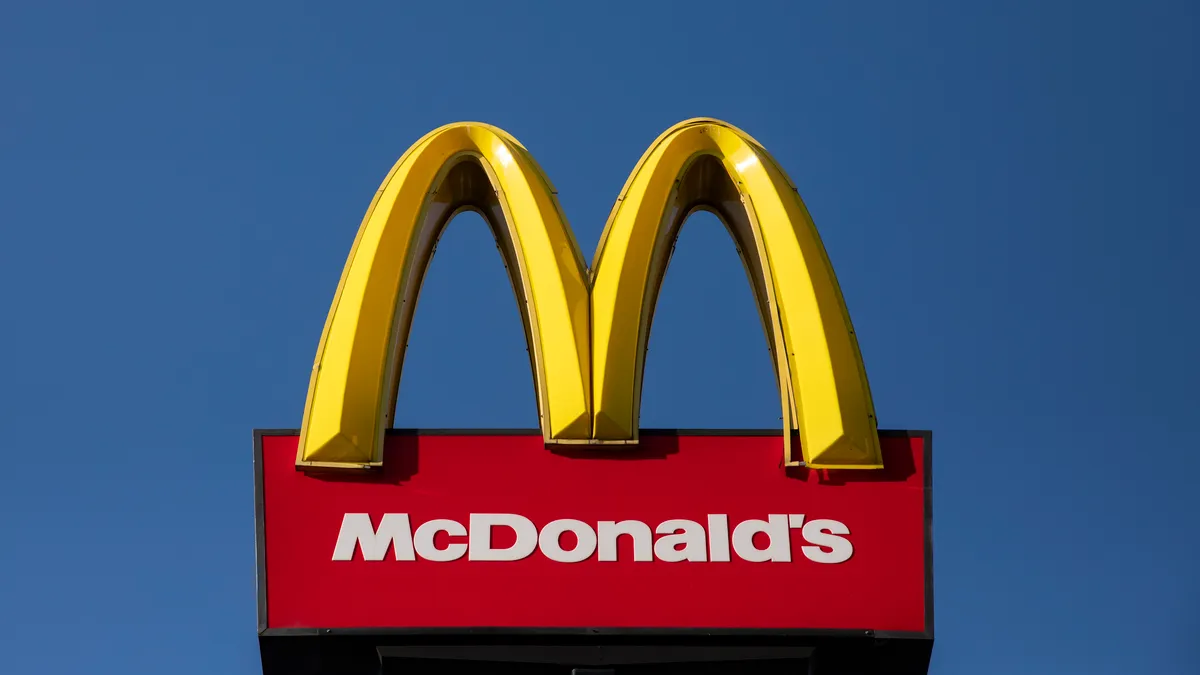McDonald’s USA President Joe Erlinger announced Wednesday his public opposition to AB 257, a California bill that would form a council to regulate wages and working conditions for the state’s fast food employees. In a letter posted to McDonald’s corporate site, Erlinger called the legislation a mistake that would unfairly impose “higher costs on one type of restaurant, while sparing another.”
AB 257 passed both houses of the California legislature Monday and is now on Gov. Gavin Newsom’s desk, who has until Sept. 30 to sign or veto the bill.
Erlinger claims the bill’s choice to define fast food chains as brands that have 100 or more units nationwide is unfair and would hurt franchisees.
“If you are a small business owner running two restaurants that are part of a national chain, like McDonald’s, you can be targeted by the bill. But if you own 20 restaurants that are not part of a large chain, the bill does not apply to you,” he said.
This dynamic could force small franchise owners to pay workers a $22 hourly wage by 2023, or 40% more than California’s current hourly minimum wage, Erlinger argues. He emphasized, however, that he isn’t opposed to wage increases for fast food workers, noting that McDonald’s operates in markets where hourly wages exceed $22. But he believes such wage increases should apply to all restaurant workers, not just employees at QSR chains.
Erlinger stopped short of asking Newsom to veto the bill outright. But he said restaurants should fear the emergence of sectoral bargaining — wherein representatives of employees, employers and the state meet to establish standards and wages for an industry — as a national tool for wage setting.
“Its proponents say their bill should be a model for other states,” Erlinger said. “This should raise alarm bells across the country.”
Erlinger’s letter joins a chorus of opposition from the restaurant industry. The International Franchise Association and the National Restaurant Association both decried the bill’s passage earlier this week, though the NRA did not explicitly call for a veto.
Erlinger did not directly name the Service Employee’s International Union, which was the main force behind AB 257’s passage and the Fight for $15 campaign, in his letter. But SEIU International President Mary Kay Henry named McDonald’s as a stumbling block to wage progress and expanded workers’ rights during a press conference Monday.
“This legislation is a huge step forward for workers in California and all across the country. For far too long, fast food corporations like McDonald's have leveraged their power and influence to rig the rules in their favor and silence the voices of frontline workers,” Henry said following the bill’s passage.
Newsom has not yet indicated whether he intends to sign the bill. SEIU was an important element in Newsom’s recall election, with members contributing $6 million to the governor’s campaign and the union acting as the key element in Newsom’s get-out-the-vote operations, according to an SEIU press release.










